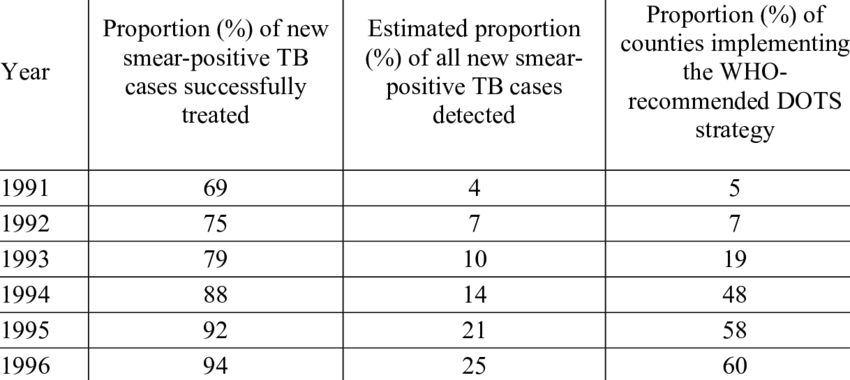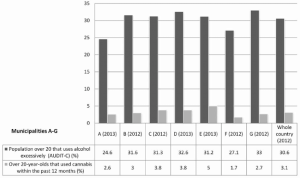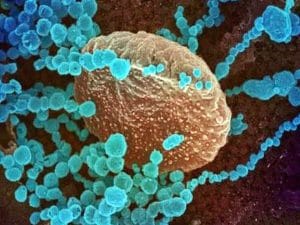Wednesday, March 24 was World Tuberculosis Day. Doctors warn that progress in curing the tuberculosis virus has been delayed by more than a decade or more than a decade. Henry Rizwell, a VOA correspondent, reports that 1.4 million people died of tuberculosis in 2019. In 2020, the coronavirus epidemic put a strain on the healthcare system around the world, and all health centers were busy treating patients with Kavid-19.
Among the nine countries with the highest incidence of tuberculosis in India, Pakistan, South Africa and Indonesia, the incidence of tuberculosis has dropped by an average of 23 per cent, according to an analysis by the non-profit organization Stop TB Partnership conducted by the United Nations in Geneva.
Dr. Lucica Ditiu, Executive Director of Stop TB Partnership, said: “This has had a significant impact on all the work we’ve tried to do, the money we’ve been spending. We went back to where we were. “Most of the doctors, nurses, healthcare workers, providers who are working on TB have been assigned to treat the patients.”
Tuberculosis, like Cavid-19, is a disease of the lungs that originates from bacteria rather than viruses. Hospital wards used for TB patients were quickly converted into emergency Cavid-19 units. The progress of TB diagnosis and treatment has been particularly hampered, especially when countries around the world have imposed lockdowns to control the epidemic. ”
Dr Lucia Ditiu, executive director of Stop TB Partnership, said: One of the reasons for this is money or poverty and other kinds of obstacles. These difficulties were exacerbated by the Kavid-19. Many doctors say that they are now monitoring the worst form of tuberculosis, which they have not seen in many years.
Dr. Lucia Ditiu says many patients are badly infected before they reach a clinic or hospital. The coronavirus epidemic has forced healthcare providers and different communities to work together. Covid and tuberculosis can be treated simultaneously through a combination of diagnostic tests, contact detection, and treatment.
Scientists say new tuberculosis vaccines and urgent investments in medical systems are also needed.










